Positive Value Chain: Climate
Why it Matters
Climate change poses risks to our business and the communities where we operate. It can impact the quantity and quality of agricultural raw materials available for our products, contribute to weather patterns that affect the operation of our facilities and supply chain and affect the availability and quality of water. Mitigating our contribution to climate change, adjusting our business models and preparing our operations to adapt to climate impacts can help us to build a more resilient business equipped to navigate the realities of the future.
Our Goals
We aim to achieve net-zero emissions by 2050 or sooner, and our targets have been officially validated by the SBTi. Our net-zero journey started with signing the Business Ambition for 1.5°C pledge in 2020, joining other leading companies to set science-based emissions reduction targets in line with limiting global warming to 1.5°C above pre-industrial levels. Please find more details here: Climate change | PepsiCo ESG | Environmental impact
Get Involved
We invite our value chain partners to explore and review the resources available from three leading industry educational hubs on how businesses can take actions on climate change. Regardless of where you are on the climate journey, these industry hubs offer resources to help you get to the next level.
The Net Zero Action Accelerator is a climate action hub to help companies turn climate ambition into action. It targets six key sectors of the economy and for each provides sustainability, finance and procurement professionals with tailored actions and resources for building your roadmap to net zero. To start, choose from one of the six pathways (e.g., calculate emissions and set goals, develop a climate transition plan), then filter by your role or sector to get the most relevant resources.
Environmental Defense Fund - Net Zero Action Accelerator
The Net Zero Action Accelerator is a climate action hub to help companies turn climate ambition into action. It targets six key sectors of the economy and for each provides sustainability, finance and procurement professionals with tailored actions and resources for building your roadmap to net zero. To start, choose from one of the six pathways (e.g., calculate emissions and set goals, develop a climate transition plan), then filter by your role or sector to get the most relevant resources.
The Climate Drive is an open platform, powered by the World Business Council for Sustainable Development (WBCSD), providing high-quality and practical resources for businesses on decarbonization. Leverage the Guidebook to get latest guidance on each step of the decarbonization journey (for example how to measure emissions or set target) and explore the Action Library to find relevant decarbonization levers for your company, with concrete guidance on implementation and business impact.
Small and Medium Enterprise (SME) Climate Hub
The SME Climate Hub is a non-profit global initiative that empowers small to medium sized companies to take climate action and build resilient businesses for the future. The resources are tailored to small and medium enterprises who often lack resources for decarbonization. Use the Hub to access a free carbon calculator, take a free 7-part training on how to cut your emissions, and find additional resources on how to set a strategy and move to action.
PepsiCo Curated Resources
In addition to the industry hubs, we have gathered select resources from PepsiCo and others to further support you with your climate journey.
Take a quick 5-question assessment below to better understand your climate maturity level and find the most useful resources for you, or browse through our different resources available.
-
Companies at this level are learning about GHGs, researching how to calculate and disclose Scope 1 and Scope 2 emissions, and building internal buy-in.
This Level contains resources that help companies mobilize and get started on their climate action journeys.
Useful activities at this level:
- Understand basic climate and emissions definitions and terminology
- Emission Possible Guide
- Understand how to develop climate action strategies and prioritize issues to focus on
- SDG Action Manager
- How to be a Good Supplier
- Estimate the company’s carbon footprint with a basic emissions calculator
- Climate Hero Carbon Calculator
- Climate Hero Carbon Calculator
Resource Conservation Program overview
Bottlers and Coman

Engagement Program Overview
PepsiCo created pep+ REnew with Schneider Electric, an independent advisor on renewable energy purchasing. The goal is to help PepsiCo’s value chain adopt renewable electricity to reduce their carbon footprint.
All

Engagement Program Overview
Developed by the Carbon Trust, this guide explains the many benefits of focusing on environmental performance to meet increasing demands of customers. It explains why many suppliers’ customers are increasingly focusing in on supply chain emissions and provides a high-level overview on how to implement an energy ma
Published in 2017, but still contains relevant information and examples.
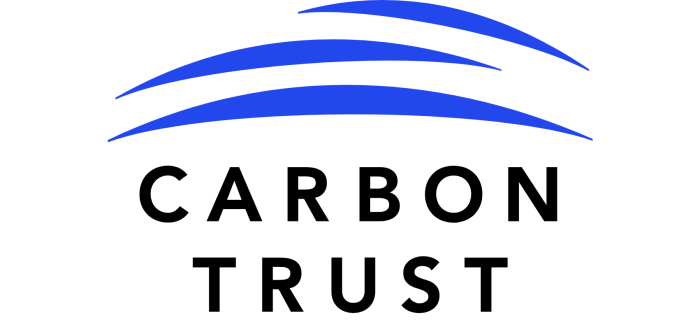
Guidance Document
Developed by the United States Environmental Protection Agency (EPA), this calculator is designed as a simplified calculation tool to help small business and low emitter organizations estimate and inventory their annual greenhouse gas (GHG) emissions. The tool primarily covers Scope 1 and 2 emissions and the emiss
Companies will have to download an Excel file for access to the calculator.

Tool (calculator)
Developed by Chapter Zero, this toolkit is designed to help non-executive directors ensure their businesses have the strategic plans in place to respond to climate change. The toolkit provides practical guidance on how to engage Boards and ensure they are prepared for the impact of climate change.
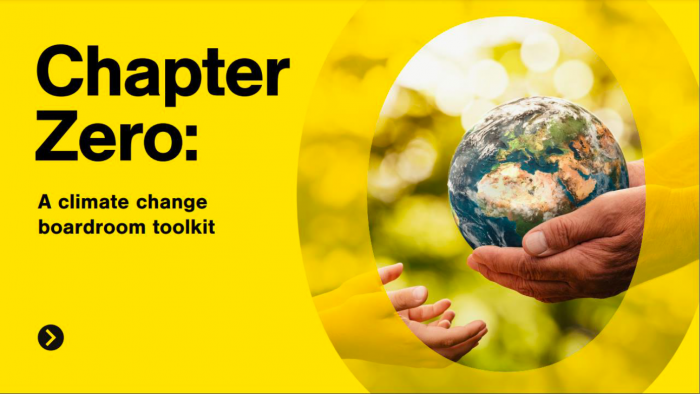
Guidance document
Flying introducing SLoCT program
All
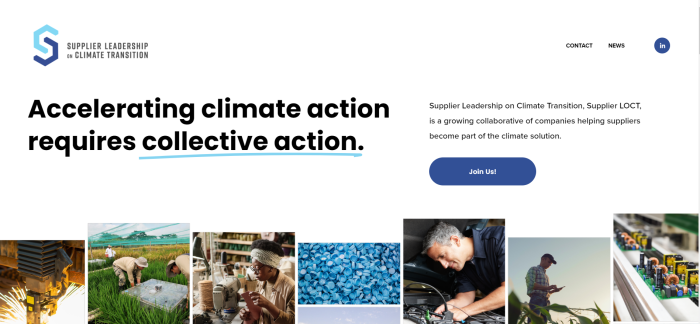
Engagement Program Overview
Tips on how to get started on measuring your Scope 1 &2
For all Value Chain Partners

Guidance Document
Currently being updated and revised, please revisit: https://www.pepsico.com/our-impact/esg-topics-a-z/agriculture
Ag Supplier

Deep-dive Presentation
Guidebook to get step-by-step guidance on decarbonization and Action Library to find relevant decarbonization levers
All
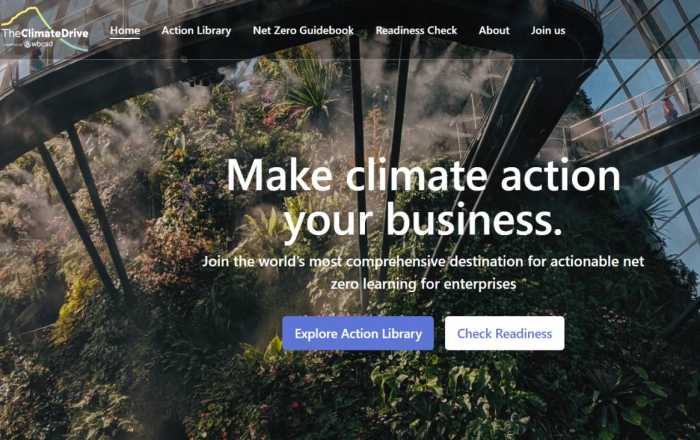
Educational Hub
Resources for SMEs, including a free carbon calculator, a 7-part decarbonization training, and other guidance
All
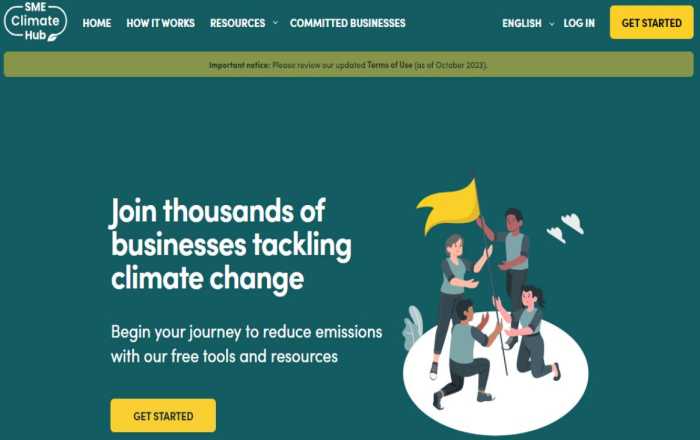
Educational Hub
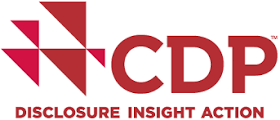



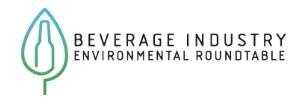
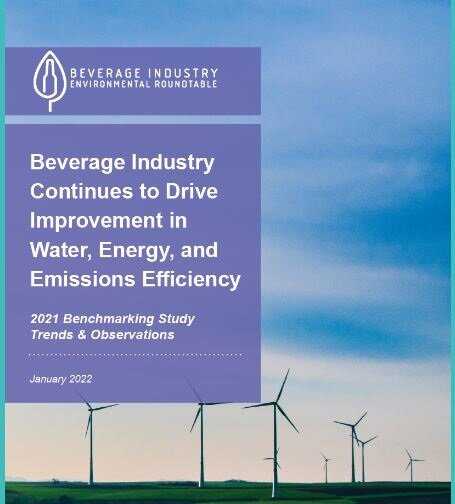
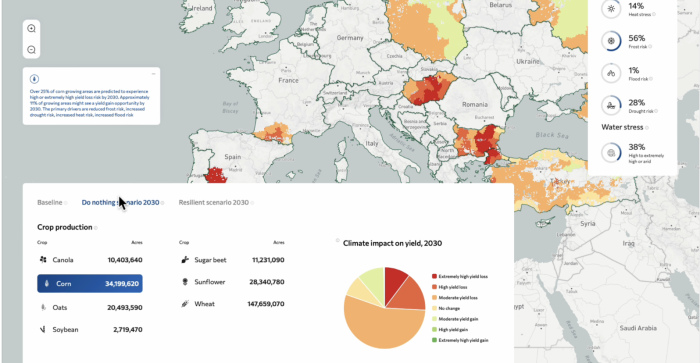
Currently being updated and revised, please revisit: https://www.pepsico.com/our-impact/esg-topics-a-z/agriculture


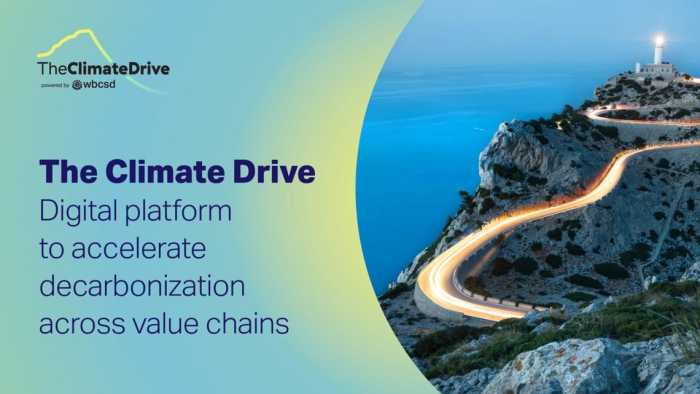

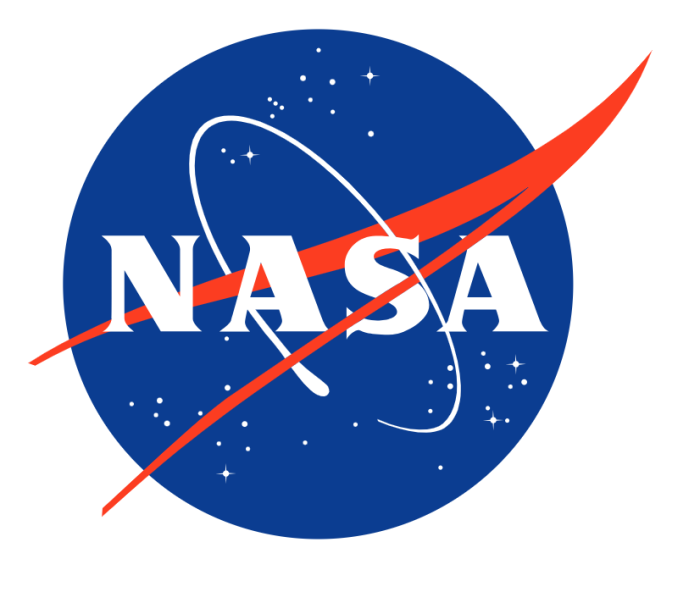
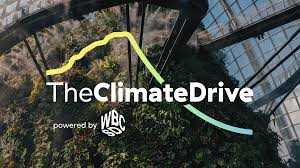
Search and shortlist from CDP's network of Accredited Solutions Providers (ASPs) and accelerate your journey towards environmental leadership.

Currently being updated and revised, please revisit: https://www.pepsico.com/our-impact/esg-topics-a-z/agriculture

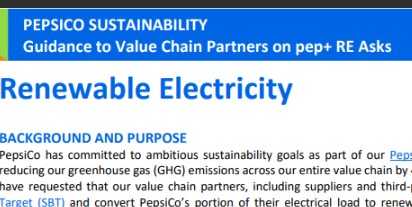

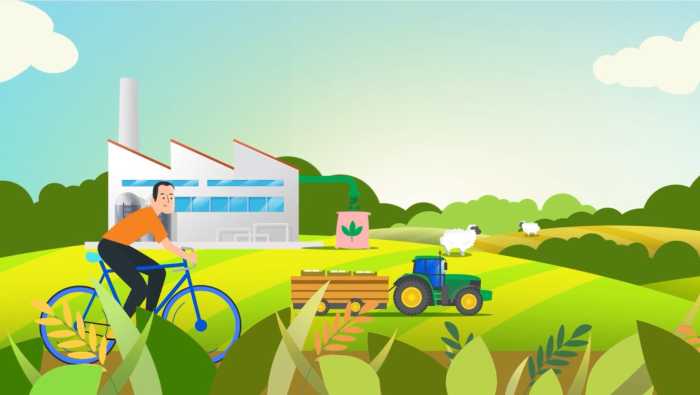
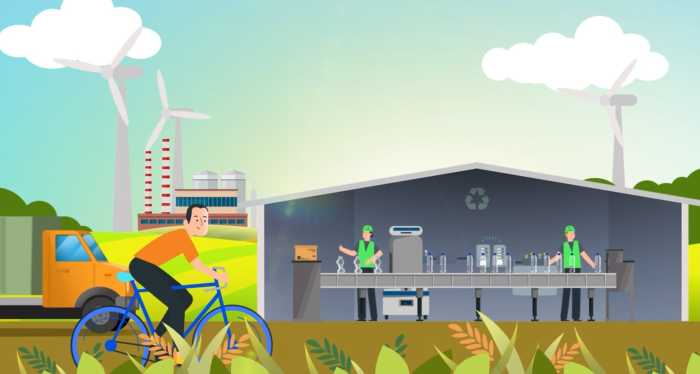
Companies at this level are calculating their operational carbon footprint, which is their Scope 1 (direct GHG emissions from sources that are owned or controlled by the company) and Scope 2 (indirect GHG emissions from the generation of purchased electricity consumed by the company) emissions.
This Level contains resources that help companies at the beginning of their climate action journeys to calculate their first operational carbon footprint to understand company baseline emissions levels. This information can later be used to inform the company’s strategies to reduce emissions.
Useful activities at this level:
- Design strategies to conduct emissions inventory and plan for reductions where they will have the greatest impact
- EMeasure What Matters
- Calculate Scope 2 emissions in more detail using data rather than estimates
- GHG Protocol Scope 2 Guidance
- Identify and plan emissions mitigation efforts
- 1.5C Business Playbook
Resource Conservation Program overview
Bottlers and Coman

Engagement Program Overview
PepsiCo created pep+ REnew with Schneider Electric, an independent advisor on renewable energy purchasing. The goal is to help PepsiCo’s value chain adopt renewable electricity to reduce their carbon footprint.
All

Engagement Program Overview
Developed by B Corp, this guide lists actions companies can take to have a meaningful climate impact, including how to calculate your carbon footprint and how to reduce and sequester carbon emissions. The guide also shares resources for companies that wish to calculate their climate impact, and additional resource
Resources in this guide are primarily U.S. focused resources but may be applicable to other geographies as well.
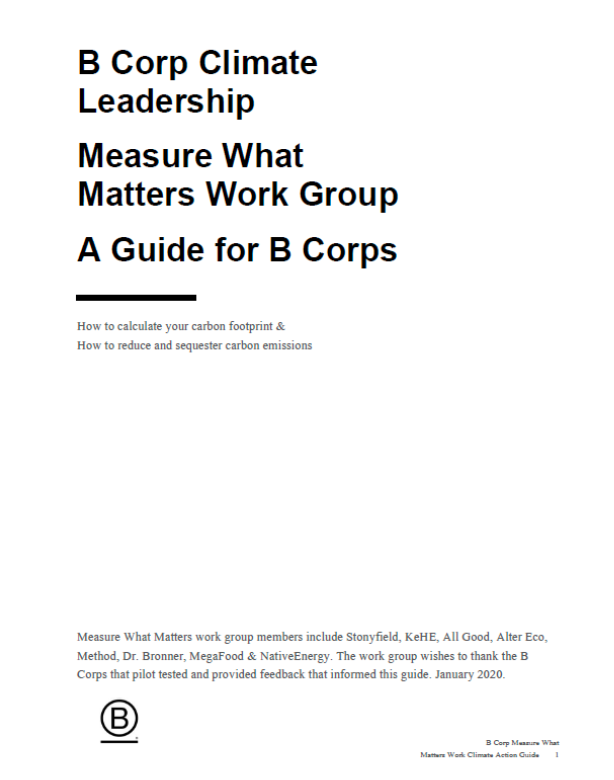
Guidance document
Developed by the Exponential Roadmap Initiative, this playbook contains guidelines for companies of all sizes and aims to help companies to establish a clear climate strategy, define targets, set requirements for suppliers, and align value propositions with a 1.5 degrees and net-zero ambition. The playbook can als
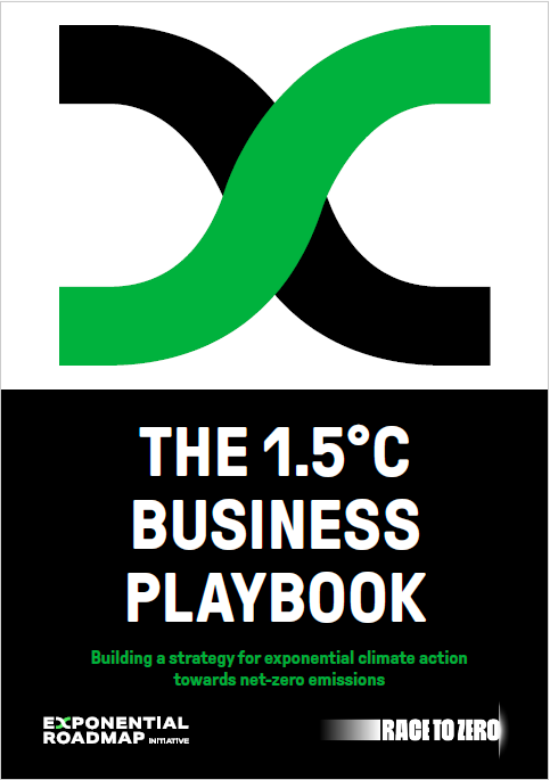
Guidance document
Developed by the United States Environmental Protection Agency (EPA), this calculator is designed as a simplified calculation tool to help small business and low emitter organizations estimate and inventory their annual greenhouse gas (GHG) emissions. The tool primarily covers Scope 1 and 2 emissions and the emiss
Companies will have to download an Excel file for access to the calculator.

Tool (calculator)
Developed by Chapter Zero, this toolkit is designed to help non-executive directors ensure their businesses have the strategic plans in place to respond to climate change. The toolkit provides practical guidance on how to engage Boards and ensure they are prepared for the impact of climate change.

Guidance document
Flying introducing SLoCT program
All

Engagement Program Overview
Currently being updated and revised, please revisit: https://www.pepsico.com/our-impact/esg-topics-a-z/agriculture
Ag Supplier

Deep-dive Presentation
Guidebook to get step-by-step guidance on decarbonization and Action Library to find relevant decarbonization levers
All

Educational Hub
Resources for SMEs, including a free carbon calculator, a 7-part decarbonization training, and other guidance
All

Educational Hub


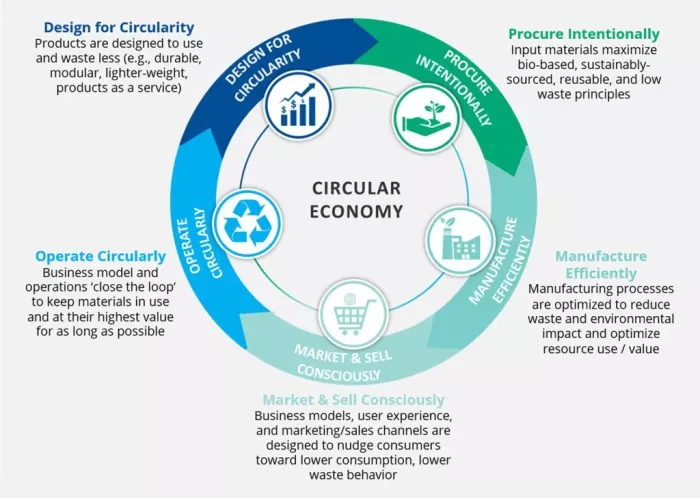





Currently being updated and revised, please revisit: https://www.pepsico.com/our-impact/esg-topics-a-z/agriculture




Allocate GHG Emissions and Water to PepsiCo Brands

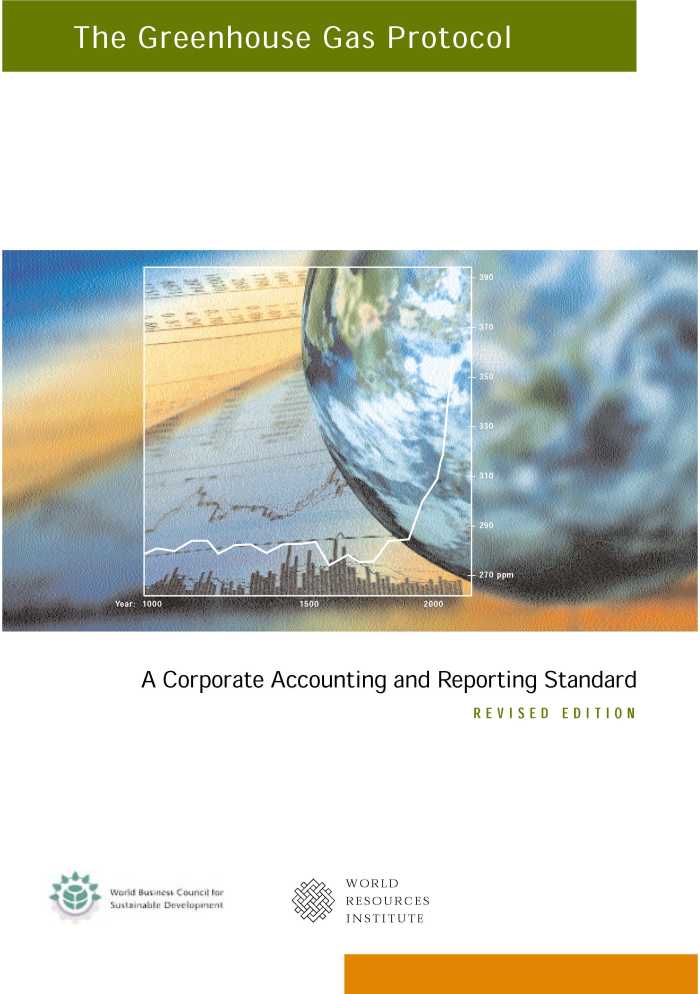

Search and shortlist from CDP's network of Accredited Solutions Providers (ASPs) and accelerate your journey towards environmental leadership.

Currently being updated and revised, please revisit: https://www.pepsico.com/our-impact/esg-topics-a-z/agriculture


Companies at this level are focused on understanding and calculating Scope 3 emissions (other indirect emissions that are a consequence of the activities of the company, but occur from sources not owned or controlled by the company).
This level contains resources for companies that are progressing on their climate action journeys and working to understand and calculate emissions beyond their own operations, covering their entire value chain. The resources at this level will help companies calculate an advanced carbon footprint based on actual data rather than estimates and provide technical guidance for calculating value chain emissions.
Useful activities at this level:
- Calculate Scope 3 emissions in the entire value chain
- GHG Protocol Scope 3 Evaluator
- Understand and prepare for setting science-based targets
- SBTi: Prepare Your Business
- Move towards a common emissions reduction lever - transitioning to renewable energy
- Sustainable Energy 101
Water Stewardship Course
Bottlers and Coman

E-learning
Resource Conservation Program overview
Bottlers and Coman

Engagement Program Overview
PepsiCo created pep+ REnew with Schneider Electric, an independent advisor on renewable energy purchasing. The goal is to help PepsiCo’s value chain adopt renewable electricity to reduce their carbon footprint.
All

Engagement Program Overview
Developed by Chapter Zero, this toolkit is designed to help non-executive directors ensure their businesses have the strategic plans in place to respond to climate change. The toolkit provides practical guidance on how to engage Boards and ensure they are prepared for the impact of climate change.

Guidance document
Developed by the Energy Savings Trust, the toolkit provides information and resources to help companies lower costs, while reducing the carbon emissions from your company’s vehicles and employee travel. The toolkit addresses three central strategies to sustainable and efficient fleet management; 1) driving fewer m
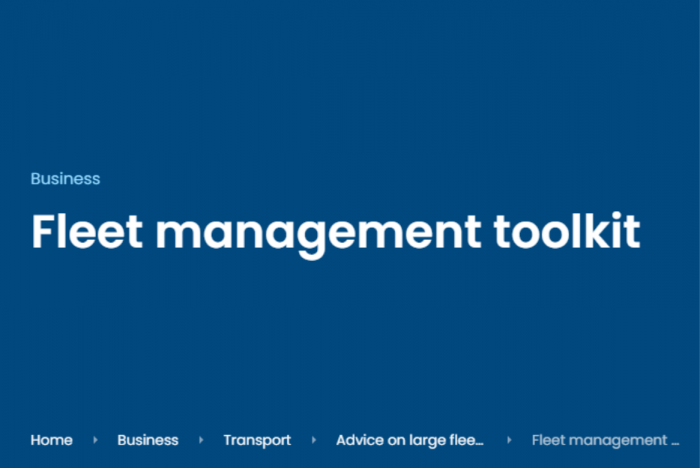
Guidance document and Tool (calculator, resources)
Developed by the Ellen MacArthur Foundation, this guide provides practical guidance and real-world examples for anyone directly or indirectly influencing the packaging that is put around a product. By focusing more of their efforts on upstream innovation – at the design stage of a product rather than just downstre
To prepare for their net zero journey, a company should first develop a detailed emissions profile providing a foundation for implementing prioritized, high-impact solutions to reduce emissions across a company’s entire value chain. This emissions profile, which categorizes emissions based on their source and dist
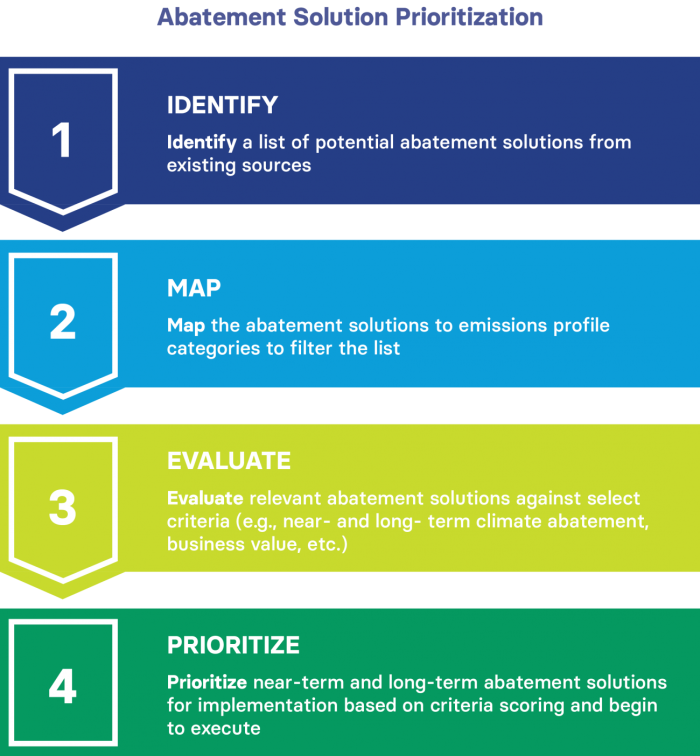
Guidance document
Flying introducing SLoCT program
All

Engagement Program Overview
Currently being updated and revised, please revisit: https://www.pepsico.com/our-impact/esg-topics-a-z/agriculture
Ag Supplier

Deep-dive Presentation
Resources tailored to sectors and functional roles to help your company build your roadmap to net zero
All
Educational Hub
Guidebook to get step-by-step guidance on decarbonization and Action Library to find relevant decarbonization levers
All

Educational Hub
Resources for SMEs, including a free carbon calculator, a 7-part decarbonization training, and other guidance
All

Educational Hub








Currently being updated and revised, please revisit: https://www.pepsico.com/our-impact/esg-topics-a-z/agriculture


Net Zero Learning Hub: How to Get Started and Improve Current Practices


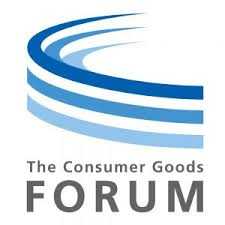

Currently being updated and revised, please revisit: https://www.pepsico.com/our-impact/esg-topics-a-z/agriculture


Companies at this level are verifying Scope 3 emissions, are focused on setting SBTi-approved GHG reduction targets, and are reporting their progress to CDP.
Level 4 contains resources for companies that are comprehensively calculating and verifying all value chain emissions and have science-based targets set, and which now need to act on those targets and show meaningful progress toward their targets. Companies in Level 4 should also be reporting publicly on their progress, keeping themselves and others in their value chain accountable.
Useful activities at this level:
- Manage energy in company operations and find reduction opportunities
- Guidelines for Energy Management
- Build supply chain traceability and make supply chains more sustainable
- Supply Chain Sustainability: A Practical Guide for Continuous Improvement
- Encourage companies to think holistically about emissions within their supply chain and where emissions can be further reduced
- Accelerating to Net Zero with the Circular Economy
Water Stewardship Course
Bottlers and Coman

E-learning
Resource Conservation Program overview
Bottlers and Coman

Engagement Program Overview
PepsiCo created pep+ REnew with Schneider Electric, an independent advisor on renewable energy purchasing. The goal is to help PepsiCo’s value chain adopt renewable electricity to reduce their carbon footprint.
All

Engagement Program Overview
Developed by the United States Environmental Protection Agency (EPA)’s ENERGY STAR, these guidelines are intended to provide additional information and guidance on energy management. This includes step-by-step guidance beginning with making commitments to finally recognizing achievements.
Resource is U.S. focused but can be applicable globally.
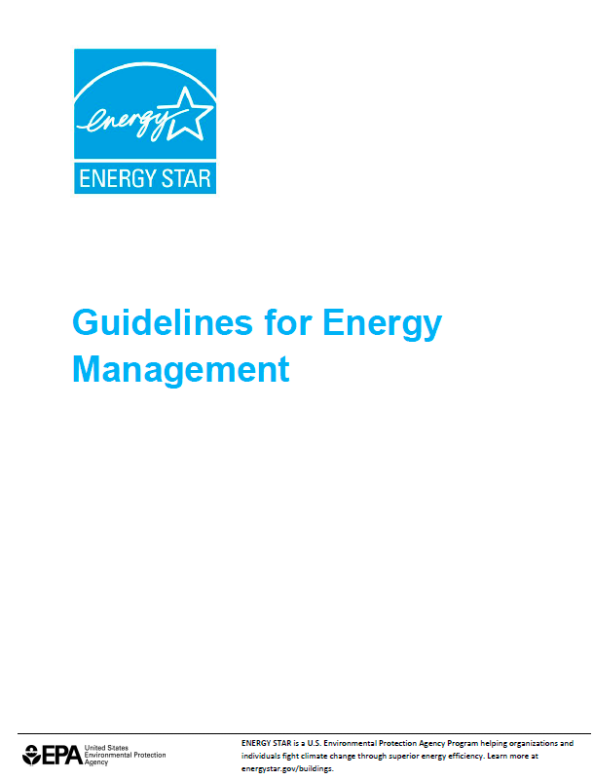
Guidance document
Developed by the Task-Force on Climate-Related Financial Disclosures (TCFD), this report includes recommendations for companies that disclose climate-related financial information. The report establishes recommendations for disclosing clear, comparable and consistent information about the risks and opportunities p
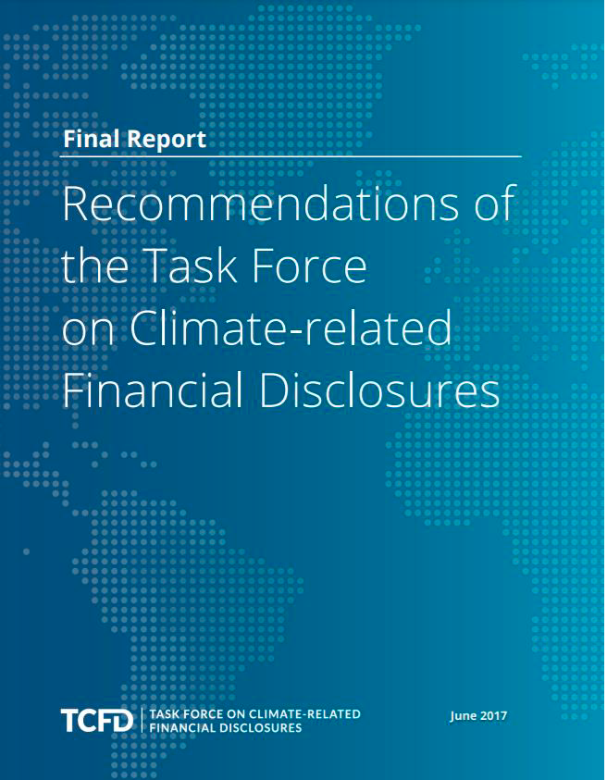
Guidance document
Developed by the UN Global Compact (UNGC) in collaboration with the Business for Social Responsibility (BSR), this guide offers practical guidance on how to develop a sustainable supply chain program based on the values and principles of the Global Compact. Featuring numerous examples of good corporate practice, t
This guide was originally published in 2015 but still provides a relevant overview.
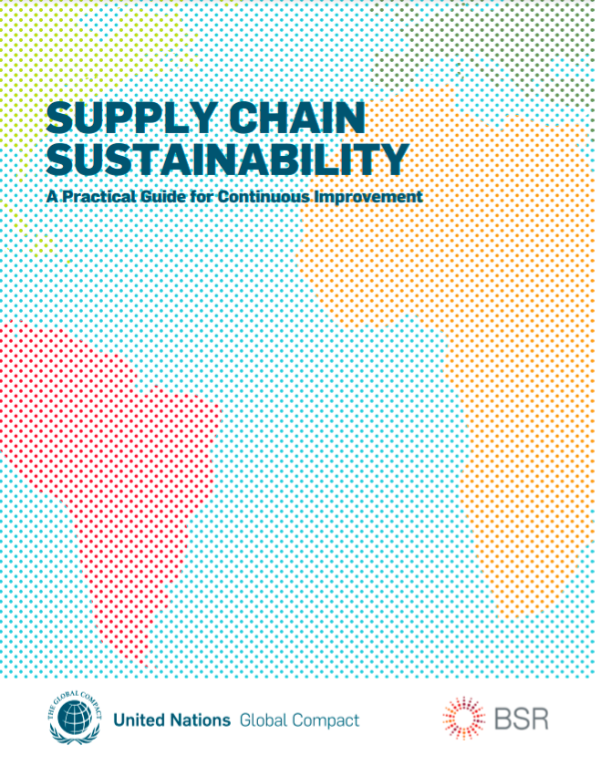
Guidance document
Flying introducing SLoCT program
All

Engagement Program Overview
Currently being updated and revised, please revisit: https://www.pepsico.com/our-impact/esg-topics-a-z/agriculture
Ag Supplier

Deep-dive Presentation
Guidebook to get step-by-step guidance on decarbonization and Action Library to find relevant decarbonization levers
All

Educational Hub
Resources for SMEs, including a free carbon calculator, a 7-part decarbonization training, and other guidance
All

Educational Hub









Currently being updated and revised, please revisit: https://www.pepsico.com/our-impact/esg-topics-a-z/agriculture






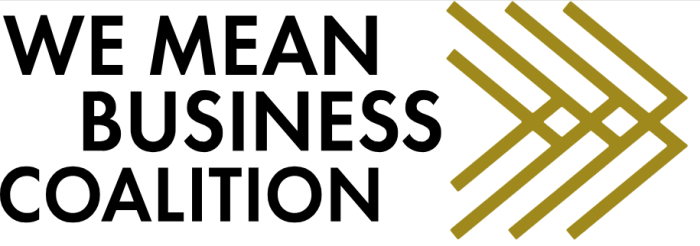
Net Zero Learning Hub: How to Get Started and Improve Current Practices
Currently being updated and revised, please revisit: https://www.pepsico.com/our-impact/esg-topics-a-z/agriculture


Find other resources in our resource library







